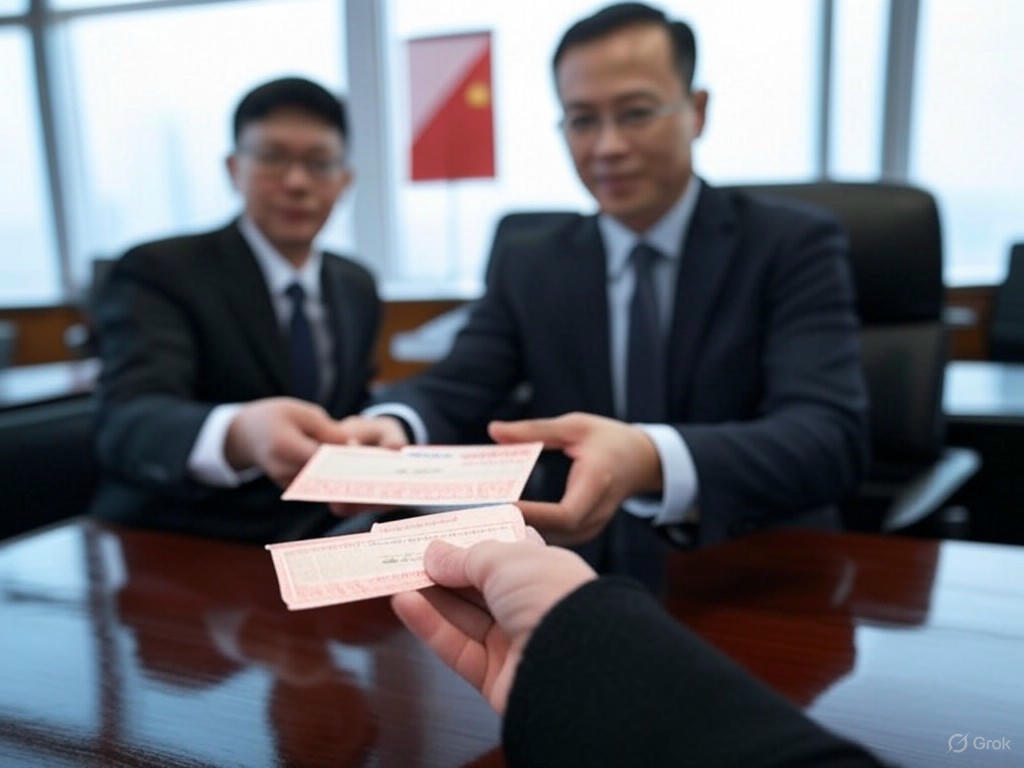In a surprising shift of policy, China has recently accelerated the approval of rare earth export licenses for European companies, signaling a potential thaw in relations with the European Union. This move comes at a time when geopolitical tensions are high, particularly following the return of Donald Trump to the U.S. presidency. Beijing appears to be leveraging its dominance in the rare earth market—critical materials used in everything from electric vehicle batteries to advanced military technology—as a diplomatic tool to strengthen ties with Brussels. The timing of this decision is no coincidence, as China seeks to counterbalance potential trade conflicts with the United States by fostering closer economic partnerships in Europe.
Rare earth elements are indispensable to modern industries, and China controls a significant portion of global supply and processing capabilities. For years, European firms have faced stringent export restrictions, often navigating a complex web of regulations to secure these vital resources. However, the fast-tracking of licenses suggests a deliberate effort by Beijing to ease these barriers, potentially reducing costs and supply chain uncertainties for European manufacturers. Industry analysts speculate that this could be a strategic olive branch, aimed at building goodwill amid ongoing trade negotiations and concerns over tariffs. Furthermore, it may serve as a message to Washington that China is willing to diversify its economic alliances, reducing reliance on U.S. markets.
European businesses have cautiously welcomed the development, though many remain wary of long-term dependence on Chinese supply chains. The EU has been actively working on policies to bolster domestic production of rare earths and secure alternative sources, recognizing the risks of over-reliance on a single supplier. While China’s gesture may provide short-term relief, it also underscores the urgency for Europe to invest in sustainable, independent resource strategies. Some experts argue that Beijing’s move could be a double-edged sword, designed to maintain market dominance by discouraging Europe from accelerating its diversification efforts. Data from trade reports indicate that rare earth imports from China still account for over 80% of Europe’s supply, highlighting the region’s vulnerability.
Beyond the economic implications, this policy shift carries significant geopolitical weight. With U.S.-China relations likely to face renewed strain under Trump’s administration, Beijing’s outreach to Europe could reshape global trade dynamics. By prioritizing European companies, China may be aiming to create a wedge between the transatlantic allies, potentially complicating unified Western responses to trade and security challenges. European policymakers now face the delicate task of balancing economic benefits with strategic autonomy, ensuring that closer ties with China do not come at the expense of broader geopolitical interests.
As this unfolds, the world watches closely. China’s rare earth export strategy could set a precedent for how resource-rich nations wield economic influence in a fragmented global landscape. For now, Europe must navigate this opportunity with caution, ensuring that short-term gains do not overshadow the need for long-term resilience and independence in critical industries.
